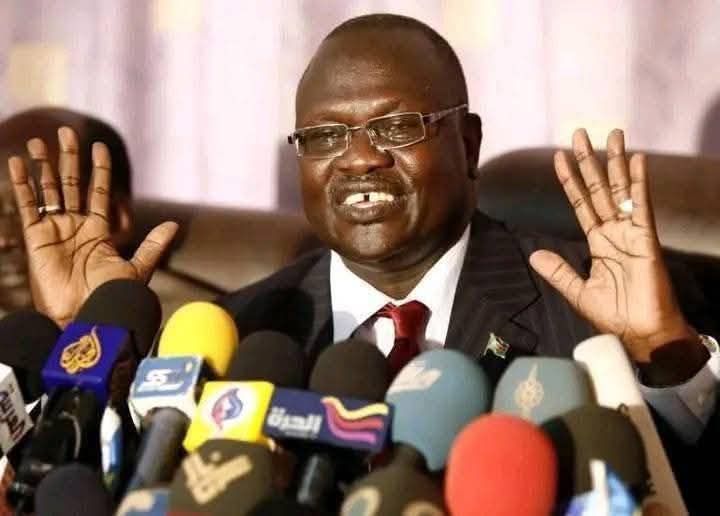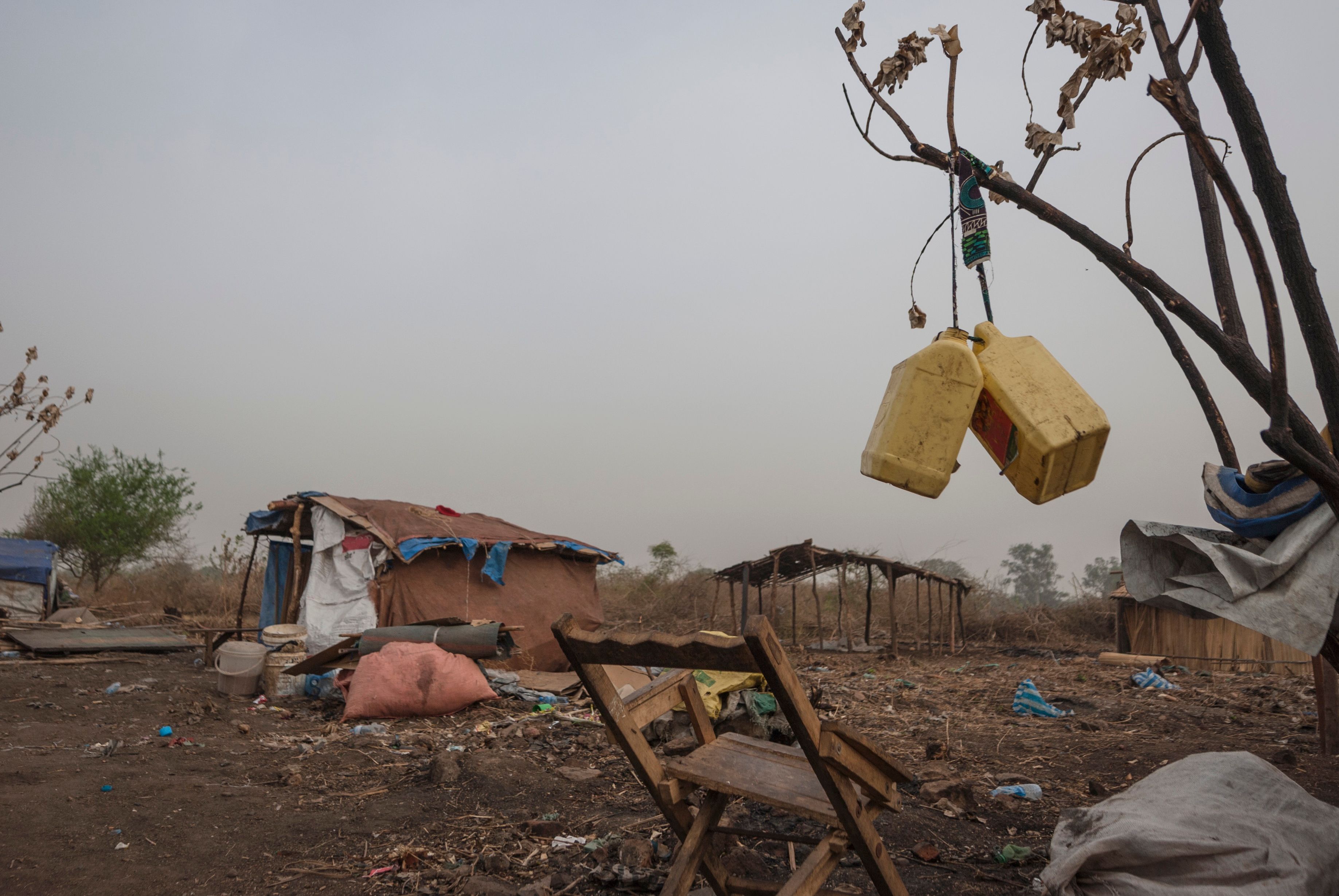South Sudan's Gamble: The Perils of Releasing Riek Machar
BR
The Complex Political Landscape of South Sudan
In the nascent nation of South Sudan, political maneuvers are often fraught with peril and uncertainty. The recent release of Riek Machar, a key opposition leader, has stirred both hope and concern among the people and international observers alike. As South Sudan continues its journey towards stability and peace, the implications of this decision resonate deeply within its complex political landscape.
Riek Machar, a seasoned politician, has been a pivotal figure in South Sudan's tumultuous history. His release from house arrest is seen by some as a necessary step towards fostering dialogue and reconciliation. However, others warn that his return could reignite tensions that have long plagued the nation.
The Potential for Peace
The release of Riek Machar is viewed by some as a strategic move towards achieving lasting peace in South Sudan. It is seen as a gesture of goodwill by the government, aimed at unifying the fractured political factions within the country. The hope is that Machar's involvement in the peace process could bring about a more inclusive government, addressing the grievances of various ethnic and political groups.
Moreover, international bodies such as the African Union and the United Nations have often advocated for dialogue as a means to resolve conflicts in South Sudan. Machar's release aligns with these calls, potentially paving the way for renewed peace talks and reconciliation efforts.

The Risks of Renewed Conflict
Despite the optimistic outlook, there are significant risks associated with Riek Machar's release. Critics argue that his return to the political arena could exacerbate existing tensions, leading to renewed violence. Machar's past involvement in civil unrest has left many skeptical about his ability to contribute positively to South Sudan's future.
Furthermore, there are concerns about how his presence might influence internal dynamics within the country. South Sudan's fragile peace is built on delicate alliances and power-sharing agreements, which could be disrupted by Machar's reentry into politics.
International Reactions and Implications
The international community is closely monitoring the situation in South Sudan. While some countries have expressed support for Machar's release, others remain cautious. This move could impact international aid and diplomatic relations, depending on how events unfold.
Global stakeholders are particularly interested in how this development will affect humanitarian efforts in South Sudan. Stability in the region is crucial for delivering aid and support to the millions affected by years of conflict and displacement.

Looking Ahead: The Road to Stability
As South Sudan navigates this critical juncture, it is imperative for both national leaders and international partners to work collaboratively towards a peaceful resolution. The success of Riek Machar's release as a catalyst for positive change will largely depend on careful negotiation and genuine commitment to peace from all parties involved.
Ultimately, the future of South Sudan hinges on its ability to reconcile past grievances and forge a united path forward. The release of Riek Machar represents both an opportunity and a challenge—a gamble that requires the utmost caution and strategic foresight.